La resina epoxi 3R de CIDETEC Surface Engineering servirá para apoyar la transformación digital de la próxima generación de aeronaves.
El uso de la tecnología 3R patentada por CIDETEC Surface Engineering permite desarrollar composites termoestables intrínsecamente Reprocesables, Reciclables y Reparables (3R). Estos materiales son muy interesantes para sectores tan diversos como la energía, el transporte o la construcción, ya que mantienen las altas prestaciones de los composites termoestables convencionales y son procesables mediante tecnologías de fabricación habituales.
Los preimpregnados son uno de los métodos utilizados para fabricar composites termoestables y el carácter dinámico de la resina epoxi 3R permite fabricar novedosos preimpregnados no perecederos (enduring prepregs), con la ventaja de que pueden ser almacenados a temperatura ambiente sin perder sus propiedades intrínsecas, para la fabricación de piezas de altas requerimientos mecánicos para el sector aeronáutico.
El proyecto GENEX, financiado por el programa Horizonte Europa (contrato de subvención nº 101056822, https://www.genex-project.eu/), está formado por un consorcio de 16 socios de 9 países diferentes. Comenzó en septiembre de 2022 y, con una duración de 3 años y medio, se trabaja con el objetivo principal de desarrollar un novedoso marco integral basado en gemelos digitales que proporcione un enfoque holístico que abarca toda la cadena de valor de las piezas de materiales compuestos (desde el diseño, el material y la fabricación hasta el funcionamiento, el mantenimiento, la reparación y el fin de la vida útil) para apoyar la transformación digital de la próxima generación de aeronaves.
Tras un año inmersos en el proyecto, CIDETEC Surface Engineering trabaja en dos actividades principales: formulación y caracterización de resinas 3R de grado aeronáutico, así como la obtención de cintas de prepregs no perecederos con sensores de fibra óptica integrados que posteriormente serán utilizados para obtener composites 3R mediante el proceso de AFP (automated fibre placing). Se desarrollarán composites para formar el panel de acceso a una aeronave.










